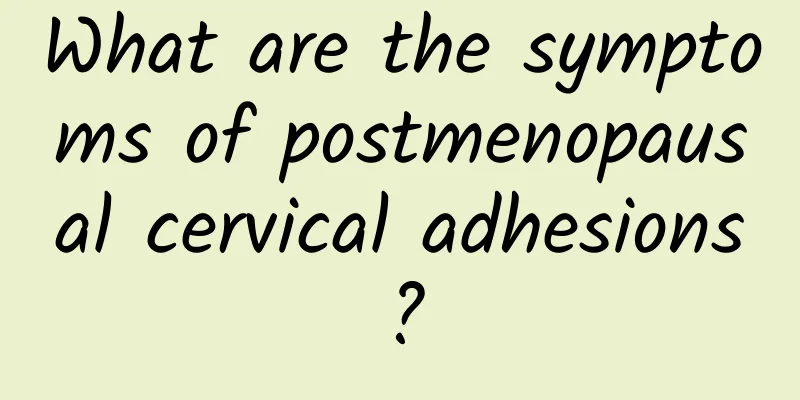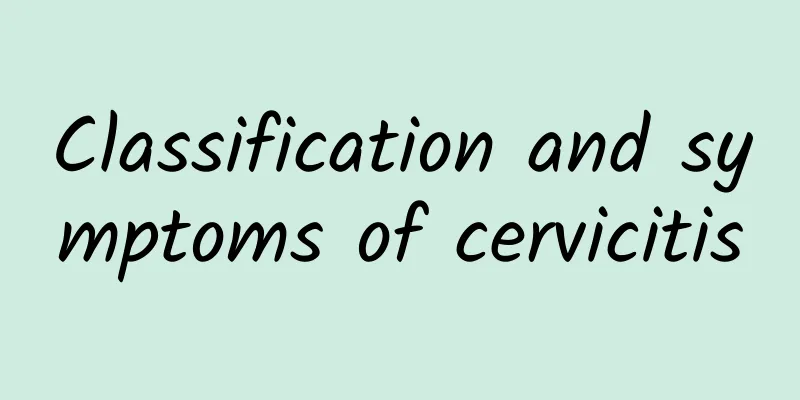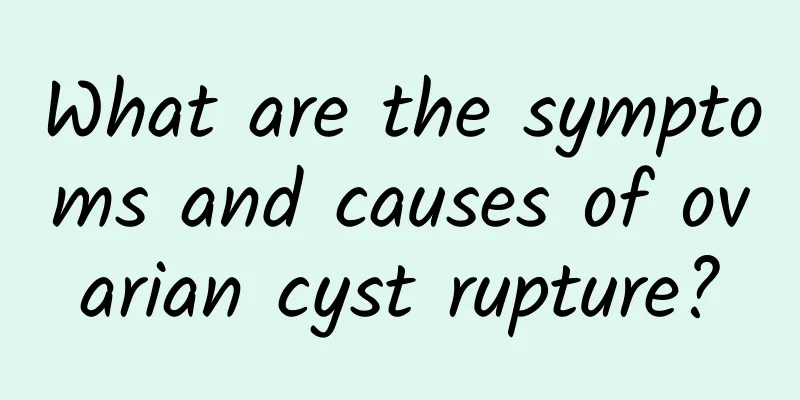Treatment of chronic pelvic peritonitis with Chinese patent medicine

|
Although the symptoms of pelvic peritonitis are not very obvious, it may be life-threatening in severe cases. The treatment is relatively complicated and will bring a lot of inconvenience to life. Nowadays, the treatment is mostly a combination of Chinese and Western medicine. The following is a detailed introduction to the method of treating pelvic peritonitis with Chinese patent medicine. Once pelvic peritonitis is suspected, the corresponding examination should be done immediately, and medication should be started before the results are reported. So, what medicine should be taken for pelvic peritonitis? (1) Initial treatment: Before the results of the dialysis fluid pathogen culture are available, broad-spectrum antibiotics should be used. The routes of administration include intraperitoneal administration and intravenous administration. Intraperitoneal administration is effective and convenient. For patients with Gram-positive cocci infection in sediment smear microscopy, first-generation cephalosporins such as cefazolin can be used as the first choice, with an initial dose of 500 mg/l and a subsequent maintenance dose of 125 mg/l. If it is a Gram-negative bacillus, aminoglycoside antibiotics such as gentamicin and tobramycin should be used, with an initial dose of 1.5-2.0 mg/l and a maintenance dose of 6-8 mg/l. The above two types of drugs can also be used in combination. (2) Adjustment of antibiotics: After the results of pathogen culture and drug sensitivity test are reported, effective antibiotics should be selected based on drug sensitivity, and the course of treatment is generally 10 days. Fungal pelvic peritonitis is poorly treated, so once diagnosed, it is best to remove the catheter and continue with drug treatment. After 48 hours of effective antibiotic treatment, most patients' conditions improve significantly, and occasionally symptoms last for more than 48 hours. If the patient's condition still does not improve significantly after 96 hours, the condition should be re-evaluated and the treatment plan adjusted. |
<<: What are the medicines for pelvic peritonitis?
>>: Treatment of pelvic peritonitis with traditional Chinese medicine
Recommend
International Health Department adopts 16-word principle for ractopamine standards
The Codex Alimentarius Commission (CAC), jointly ...
During the Mid-Autumn Festival, eat mooncakes and grapefruits, and be careful of the full moon! The "Round" Rescue Team teaches you tips on healthy eating
When I saw barbecue sauce advertisements starting...
How to effectively prevent ovarian cysts?
Nowadays, more and more women suffer from ovarian...
How severe is vaginitis? The severity varies from patient to patient.
I believe everyone is familiar with vaginitis. Va...
What are the reasons for painless pre-abortion examination?
Everyone knows that an examination must be done b...
How long after a miscarriage can you drink alcohol? Let's find out together
We all know that women need to supplement nutriti...
What is the prognosis of subtotal hysterectomy for the treatment of functional uterine bleeding?
Surgery is the ultimate weapon for treating funct...
Are you using the right medicine for hyperprolactinemia?
What medicine should be taken for hyperprolactine...
What are the Chinese patent medicines for treating uterine fibroids?
What are the Chinese patent medicines for treatin...
To lose weight, you must first understand whether you are really fat or just puffy! A female Chinese medicine practitioner teaches her how to lose weight
I believe that many friends who have experienced ...
Can I eat black beans if I have endometrial polyps?
Can I eat black beans if I have endometrial polyp...
Menstrual cramps, headaches, insomnia... the best yoga pose ever to relieve autonomic nerves and relieve pain
Many women suffer from menstrual pain, abdominal ...
What are the dangers of abortion of the first child? There are 4 major dangers
Abortion will definitely cause harm to the body, ...
Prevent osteoporosis and help lose weight! 7. You must know the power of soy milk
Rich nutrients such as soy protein, B vitamins, s...
The harm of ovarian cysts usually found during gynecological examination
The hazards of ovarian cysts of different degrees...









